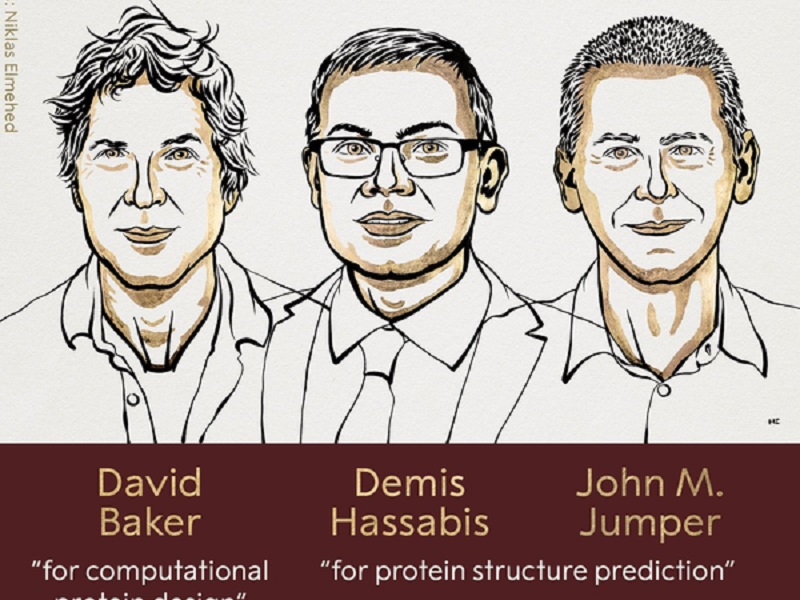Place your adverts here on InfoDig @ low rates; banner ads, sponsored links and guest articles etc. Contact us
Investment seminars have become a crucial element in the financial education ecosystem. As investors seek to enhance their knowledge and strategies, these seminars provide valuable insights into the complexities of the financial markets. These seminars serve not only as learning opportunities but also as networking avenues that contribute to investment success. This article explores how investment seminars shape success stories, their evolution, types, impacts, and future trends. Investment excellence can be reached through consistent learning! Visit this site btceer.com now and you can learn about investing seamlessly.
Investment seminars have evolved significantly from their early days. Initially, they were simple, in-person gatherings focused on basic financial education. Over time, they incorporated more sophisticated content, reflecting advances in financial theory and practice. The digital age has further transformed these seminars, with webinars and online courses becoming popular. This evolution has made investment education more accessible and diversified the formats available to investors. Educational Seminars focus on fundamental investment principles, such as asset allocation, risk management, and market analysis. These seminars are ideal for beginners who need to grasp basic concepts and develop a foundational understanding of investing. Advanced Workshops cater to experienced investors seeking deeper insights into complex strategies, such as derivatives trading, advanced portfolio management, or market forecasting. These sessions often include interactive elements, such as simulations and detailed case studies. Networking Events offer investors opportunities to meet industry professionals, potential partners, and fellow investors. These events can facilitate the exchange of ideas and experiences, fostering collaborations that can lead to new investment opportunities. Product-Specific Seminars are dedicated to particular financial products or services, such as real estate investment trusts (REITs), cryptocurrencies, or mutual funds. These seminars provide in-depth information on specific investment vehicles, helping investors understand their features, risks, and benefits. Seminars provide a platform for learning from experts who share their knowledge and experiences. This exposure to seasoned professionals helps participants understand advanced concepts and industry trends that might not be covered in standard financial education materials. Hands-on training is another critical aspect of seminars. Interactive sessions, such as simulations and workshops, allow participants to apply theoretical knowledge in practical scenarios. This experiential learning helps solidify concepts and improves decision-making skills. Case studies featured in seminars offer real-world examples of investment strategies and outcomes. By analyzing these cases, participants gain insights into the practical application of theories and strategies, which can inform their own investment decisions. Q&A sessions during seminars enable direct interaction with experts. Participants can address specific queries, seek clarification, and gain personalized advice, which enhances their understanding and ability to implement strategies effectively. Investment seminars can significantly impact an individual’s confidence and motivation. Hearing success stories from accomplished investors and receiving validation from experts can boost participants’ confidence in their investment decisions. Seminars also serve as a source of inspiration. Learning about others’ successes and overcoming challenges can motivate participants to pursue their investment goals with renewed vigor. Community building is another vital aspect. Seminars often bring together like-minded individuals who share a passion for investing. These connections can lead to ongoing support, collaborative opportunities, and a sense of belonging within the investment community. To assess the effectiveness of investment seminars, various metrics are employed. Participant surveys provide immediate feedback on the seminar content, presentation quality, and overall experience. This feedback helps organizers improve future events. Long-term outcomes are another measure of effectiveness. Tracking participants’ progress and investment success over time can reveal the seminar’s impact on their financial decisions and growth. Quality control remains a challenge, as not all seminars offer the same level of expertise or relevance. Participants need to evaluate the credentials of speakers and the content quality to ensure they receive valuable insights. The cost of seminars can be substantial, and participants must weigh the investment against potential benefits. While some seminars offer excellent value, others may not provide a return on investment, necessitating careful consideration. Information overload is a common issue. Seminars often cover extensive material in a short time, which can be overwhelming. Participants need strategies to distill and apply the information effectively to avoid feeling overwhelmed. Virtual and hybrid seminar formats are becoming increasingly popular, offering flexibility and broader access. These formats can accommodate more participants and provide convenient options for those unable to attend in person. Innovative approaches, such as gamification and interactive technology, are emerging trends. These methods enhance engagement and learning by making seminars more interactive and enjoyable. Personalized learning is gaining traction, with seminars tailoring content to individual needs and goals. This approach helps address specific challenges and interests, making the educational experience more relevant and impactful. Investment seminars play a crucial role in shaping investment success stories. By offering expert insights, practical training, and opportunities for networking, they contribute significantly to investors’ growth and achievement. As the landscape continues to evolve, seminars will remain a vital component of financial education, helping investors navigate the complexities of the market and reach their goals.The Evolution of Investment Seminars
Types of Investment Seminars
How Seminars Facilitate Learning and Skill Development
The Psychological and Social Impact of Investment Seminars
Evaluating the Effectiveness of Investment Seminars
Challenges and Limitations of Investment Seminars
Future Trends in Investment Seminars
Conclusion: The Lasting Impact of Investment Seminars on Success
Related Topics

 2 hours ago
30
2 hours ago
30










![Nigerians React As Speed Darlington Regains Freedom After Arrest By Burna Boy [Video]](https://media.kanyidaily.com/2024/10/09111021/Speed-Darlington-1.jpg)




 English (US) ·
English (US) ·